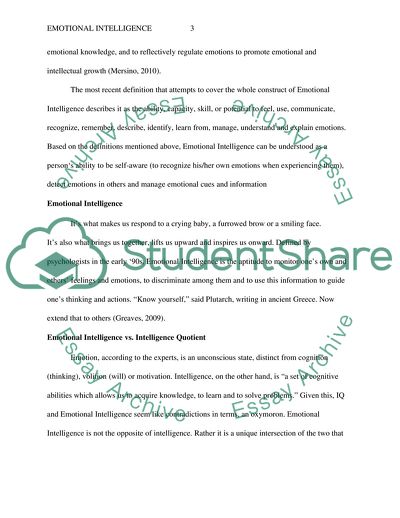Cite this document
(Emotional Intelligence as our Meta-level Ability to Handle Emotions Report Example | Topics and Well Written Essays - 1250 words, n.d.)
Emotional Intelligence as our Meta-level Ability to Handle Emotions Report Example | Topics and Well Written Essays - 1250 words. https://studentshare.org/psychology/1821865-concept-of-emotional-intelligence
Emotional Intelligence as our Meta-level Ability to Handle Emotions Report Example | Topics and Well Written Essays - 1250 words. https://studentshare.org/psychology/1821865-concept-of-emotional-intelligence
(Emotional Intelligence As Our Meta-Level Ability to Handle Emotions Report Example | Topics and Well Written Essays - 1250 Words)
Emotional Intelligence As Our Meta-Level Ability to Handle Emotions Report Example | Topics and Well Written Essays - 1250 Words. https://studentshare.org/psychology/1821865-concept-of-emotional-intelligence.
Emotional Intelligence As Our Meta-Level Ability to Handle Emotions Report Example | Topics and Well Written Essays - 1250 Words. https://studentshare.org/psychology/1821865-concept-of-emotional-intelligence.
“Emotional Intelligence As Our Meta-Level Ability to Handle Emotions Report Example | Topics and Well Written Essays - 1250 Words”. https://studentshare.org/psychology/1821865-concept-of-emotional-intelligence.


